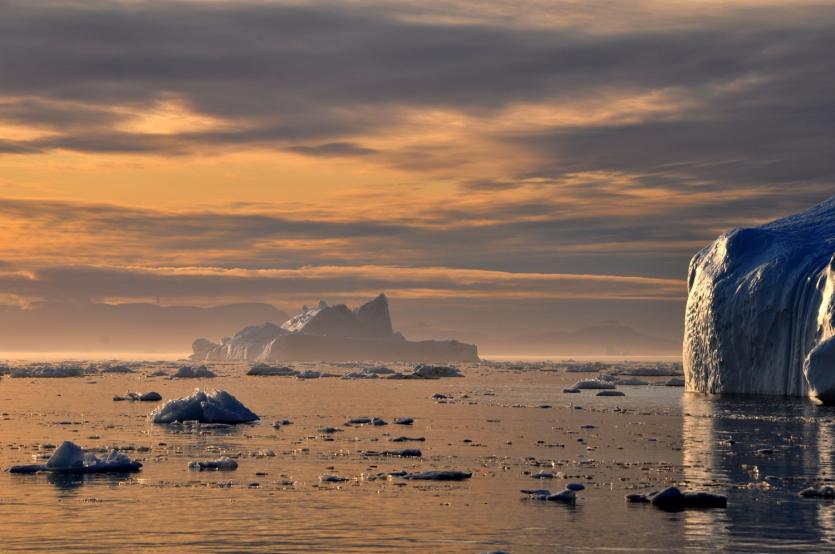Photo by Magdalena Pawłowska from FreeImages
By Patryk Krych | The World Daily | OCTOBER 3rd 2021
A recently published global report that looked at the world's oceans, and the impact that climate change has on them, had discovered that the Arctic ice had barely avoided a record low this year as the sea levels continue to rise.
The fifth edition of the Copernicus Ocean State Report, in which the findings about the Arctic ice had been written, was published in the Journal of Operational Oceanography last week. The report includes the analyses of over 120 scientific experts, spanning over 30 institutions based in Europe to put together a comprehensive study of the Earth’s oceans and how they’ve been impacted over time.
Karina von Schuckmann, who had chaired the report, said that “Climate change, pollution, and overexploitation have placed unprecedented pressures on the ocean, requiring the urgent need for sustainable measures for governance, adaptation and management in order to secure the various life support roles the ocean offers for human well-being.”
The report looked into a number of factors affecting the ocean. One of these findings had been that between January 1993 to May 2020, the average sea rise had been 3.1 millimetres per year, with varying numbers depending on the location. The highest rise was 4.5 millimetres per year, over in the Baltic Sea.
“Scientifically sound knowledge derived from high-quality ocean products and delivered by ocean services is critical to stimulate transformative change,” added Von Schuckmann. “Considering the ocean as a fundamental factor in the Earth system and embracing the multidimensional and interconnected nature of the ocean is the bedrock for a sustainable future.”
The noted loss of sea ice in the Arctic had also been reportedly major, with the ocean there having lost a surface area nearly equal to the size of Greenland between 1979 and 2020. The condition of the Arctic ice continues to deteriorate.
According to an update from the National Snow and Ice Data Centre (NSIDC), the 15 lowest sea ice extents found on satellite records had been found in the last 15 years. This year, the Arctic sea ice had reached its annual, Summer minimum on September 16th, making this the 12th lowest ice extent that’s been recorded in the 43-year history of Arctic satellite observations.






